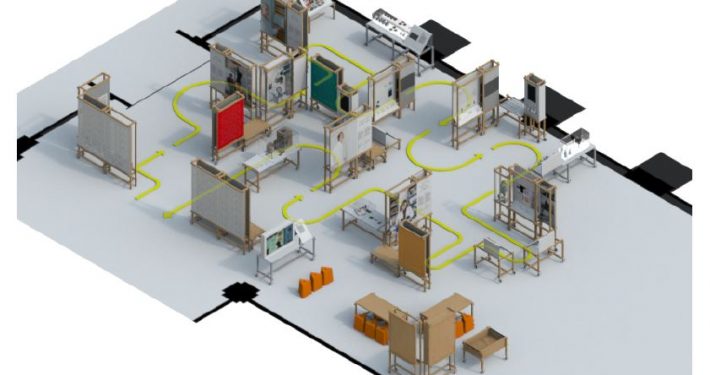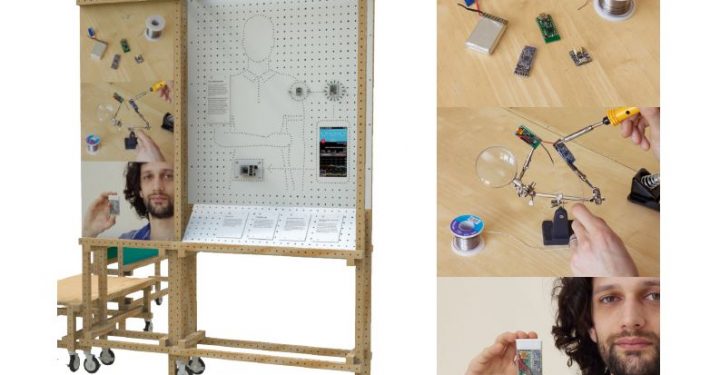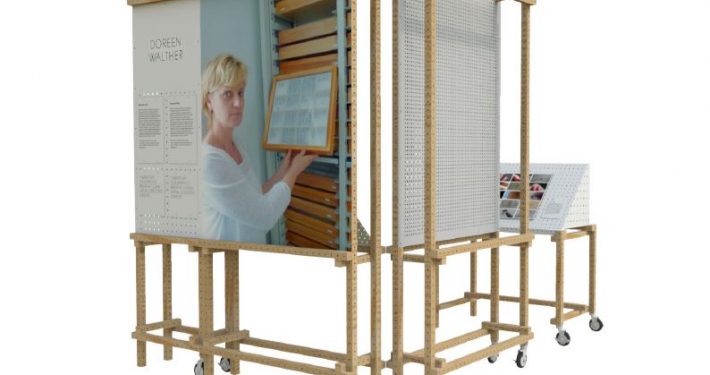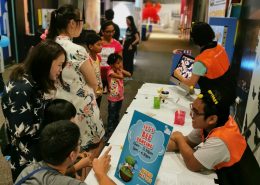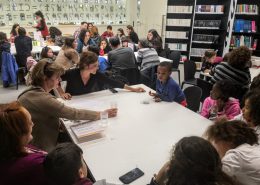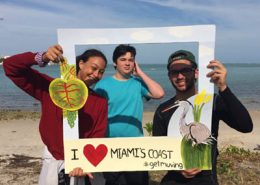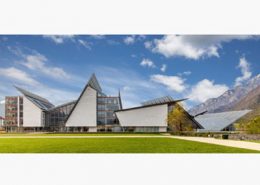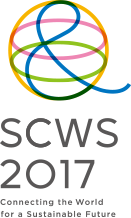Goal 3: Ensure healthy lives and promote well-being for all at all ages
Science is advancing at an incredible speed. Mobile technologies are empowering citizens to perform tasks currently accomplished by medical staff such as diagnosis and counselling. The “big data” generated by our connected lives offer unprecedented information to governments and companies in areas as diverse as dietary habits and epidemics. Developments in artificial intelligence are creating a seamless integration between humans and the machines. But the possibilities unlocked by science and new technologies are in some cases clashing with the current social, economic, and ethical boundaries. The answer could be to devise a new way of carrying out scientific research by involving all relevant stakeholders (i.e. citizens, scientists, companies, and policy makers) in Responsible Research and Innovation (RRI) processes and Open Innovation. Under this constellation, Sparks was born.
Sparks is an awareness-raising project to show Europeans that they can get involved in science and that various stakeholders share the responsibility for scientific research and innovation. It is being carried out by an active partnership of 33 organizations, led by Ecsite, the European Network of Science Centres and Museums, including science centers, museums, and science shops in 29 countries across the whole European Union and Switzerland. Its goal is to familiarize and engage European citizens with the concept and practice of RRI through the topic of technology shifts in health and medicine. The exhibition curated by the Science Museum in London, presents seven European stories, showing women, men, and communities redeveloping technological devices, inventing new gears, and opening formulas and designs, in order to actively influence their own health or their communities’. It promotes RRI by inviting key stakeholders to question, experiment and play with science in a way that makes it relevant to today’s society. In addition, Sparks aims to communicate the importance of RRI in a new way, by using the creative and “disruptive” visions of artists on how our future will be affected by the use of technologies in health and medicine. After an open call, four artists produced three artworks that match their interpretations of how technology will be embedded in our society.
Participatory activities in innovative formats are at the core of the Sparks project too. They invite scientists from different fields, policy makers, and representatives from civil society, the education sector and industries, to understand the role of the public in a broader sense, not only as recipient of their discoveries, inventions, or contributions, but also as part of the topic to study or even, the possible solutions. On the other side, it provokes in the public a new way of looking at their role in science. Scientific citizenship is a fairly new concept that under the Sparks umbrella comes to light. The sustainable development goals are key elements of the Sparks project promoting citizen science, education and gender equality in the field of health and well-being.
RRI is an approach that takes into account societal needs and expectations in research and innovation with the aim of fostering the design of inclusive and sustainable scientific solutions.
Sparks is funded by the Horizon 2020 Framework Programme of the European Union.

